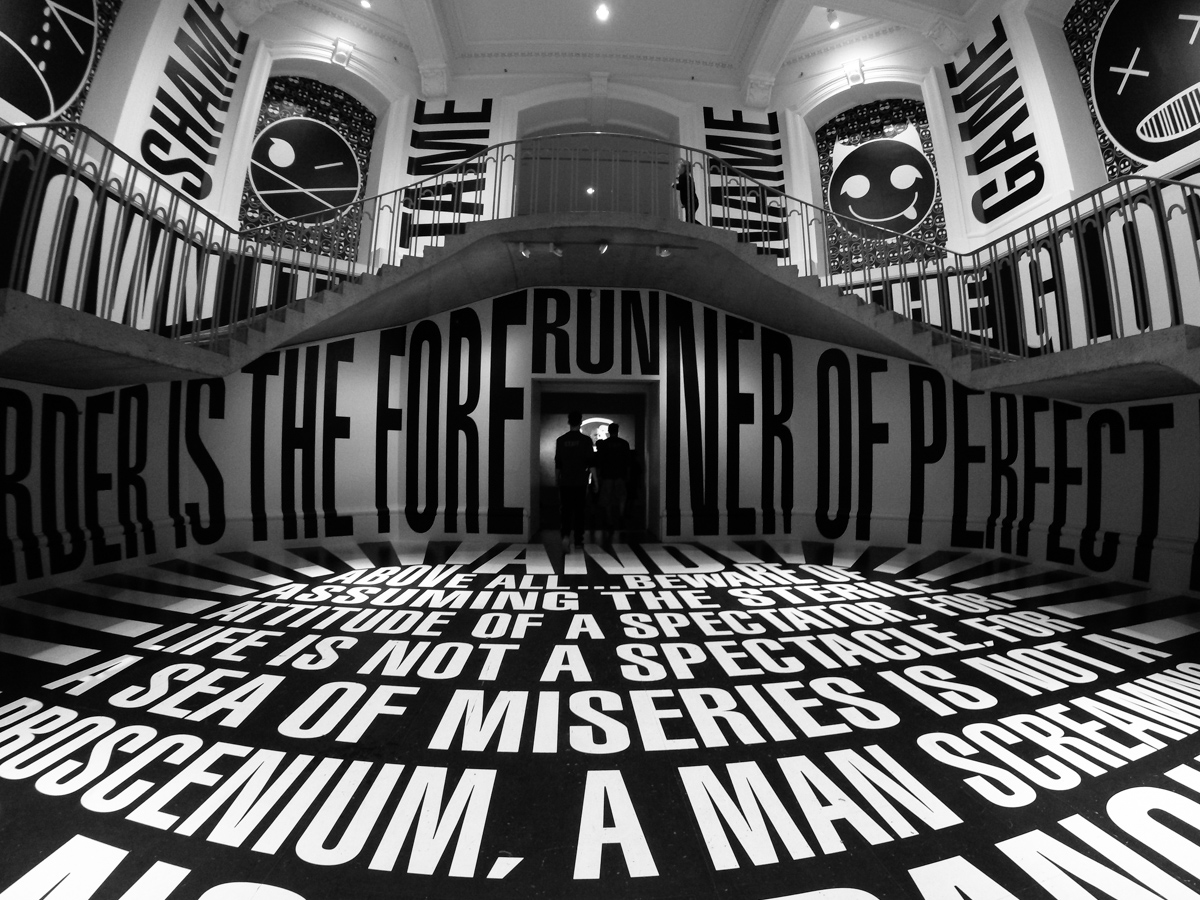One of the most basic assumptions in economics is that people make rational decisions. I don’t know if economists are studying people from a different planet, but the assumption of the rational actor couldn’t be further from the truth.
We humans are blessed with a three pound beautiful wetware capable of a range of remarkable things, but which, whether we like it or not, acts in funny ways a lot more than we realize. It pushes us in directions we shouldn’t be going. Like a moth to a flame, we are drawn to irrational decisions that cost us time, money or relationships. We buy lottery tickets; we believe in superstitions (that we know are not true); we go on impulse buying sprees.
Speaking of lotteries, Naval’s brilliant quote comes to mind:
The lottery is a tax on people who can’t do math.
But I have seen people who can do advanced math be allured to buying lottery tickets. As much as I would like to pat myself on the back for not buying lottery tickets, I am sure I have taken countless irrational decisions.
While avoiding irrationality is a great idea, it is not easy to achieve. But we can always try to learn what makes us irrational, and thus try to avoid them. Here are two of my favorite books that can get you started:
- Thinking, Fast and Slow by Daniel Kahneman
- Predictably Irrational: The Hidden Forces That Shape Our Decisions by Dan Ariely.
What is rationality?
The oxford dictionary states that rationality is
The quality of being based on or in accordance with reason or logic.
That’s a pretty straightforward definition! So why can’t we just use reason or logic to be rational?
Should we buy the lottery?
Let’s consider the act of buying the lottery ticket. If you want to make a rational decision about buying the lottery, here are a few steps you might want to consider:
- Compute the odds of winning the lottery.
- To make sense of that number, since it is going to be very low, you can compare it against other probabilities.
According to investopedia:
For example, the odds of winning a recent Powerball drawing in Tennessee was 1 in 292.2 million. To put this in perspective, you have a:
- One in 2,320,000 chance of being killed by lightning
- One in 3,441,325 chance of dying after coming into contact with a venomous animal or plant
- One in 10 million chance of being struck by falling airplane parts.
Thus, reason can help establish that it is futile to buy the lottery. But clearly, people still go out and buy lottery tickets. Why don’t they think rationally?
What really happens is that the mind refuses to use logic or reason. Doing math and reasoning is very hard. Even if you did calculate or find out the odds, comparing it with other odds is something that may not even occur to you to do.
In contrast, you can instantly imagine yourself winning the lottery and you get those warm feelings of being able to go on a cruise (or buy a cruise?).
Consider the following question:
Jack is looking at Anne, but Anne is looking at George. Jack is married but George is not. Is a married person looking at an unmarried person?
- Yes
- No
- Cannot be determined.
Pretty simple right? When I encountered this, I chose 3.
More than 80 per cent of people answer this question incorrectly.. The correct answer is, yes, a married person is looking at an unmarried person.
I will let you figure out the reason. And then take a minute to reflect on what happened to you when you tried to come up with the answer. For me, the answer presented itself, and my brain refused to think through all the possibilities. Herein lies the problem.
It is the cognitive effort, stupid!
Our brain is designed to conserve as much energy as possible — thinking through such problems consumes valuable energy. This mechanism of conserving energy worked out well, evolutionarily speaking. But clearly, this starts to become a handicap when we want to use our full mental faculty to apply logic or reason.
In Thinking, Fast and Slow, Kahneman describes two modes of thinking — System 1 and System 2. System 1 is the rapid fire thinking system which comes up with solutions immediately (e.g. what is the color of the sky?, is that a dangerous sound? etc.). System 2 is the effortful slower mode of thinking (e.g. please multiply 345 by 22 etc.). It is what does logic. It is what reasons.
More importantly, system 1 consumes very little energy, but system 2 needs a lot more.
System 1 is essential to take the burden out of everyday life. It helps you think as you walk, and talk as you drive. But it has many biases as well. And it hijacks system 2 thinking and interjects the answers.
So herein lies the problem: we naturally tend to minimize the cognitive effort and utilize system 1 and accept the biased and incorrect answers that it presents, leading us to become irrational.
Therefore, to become rational, use system 2 (it’s a good start but not enough). To use system 2, learn how and when your system 1 hijacks system 2. To learn how and when this happens, you have to learn to see how you think. You have to learn about cognitive biases and reflect back and figure out which cognitive bias you are falling for. You can learn and utilize better mental models to help system 1 be wrong less often.
And all of this is not easy, but it is worthy pursuit. Let’s end with Naval’s quote again:
If you can be more right and more rational, you’re going to get nonlinear returns in your life.

 Deliberate Practice: A Guide
Deliberate Practice: A Guide